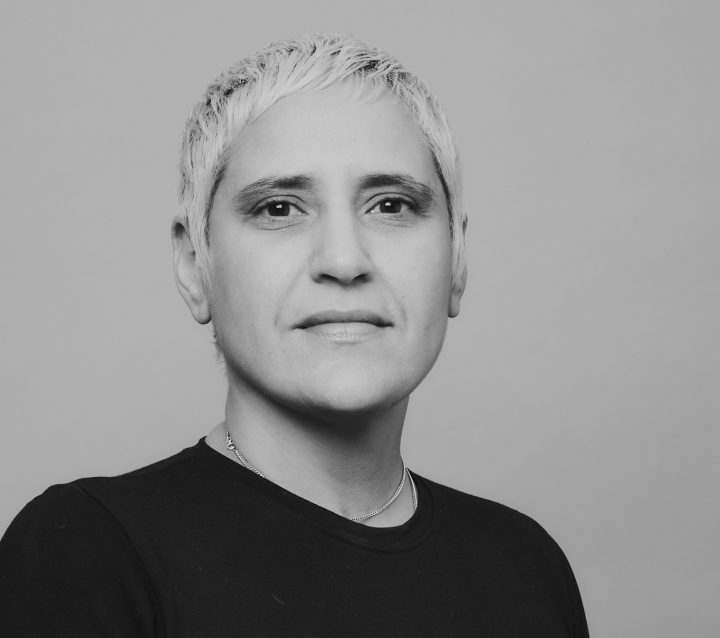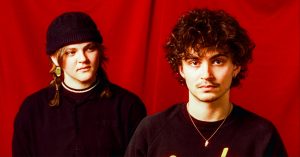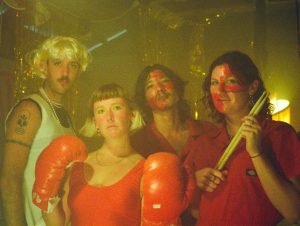Please tell us your story! How did you get to where you are today?
Long, roundabout story. I started writing for local street press, and volunteering at community radio, when I was 16. I continued
freelancing as a music and arts journalist for the next 20 years, hustling around various day jobs in the arts, media and communications. I worked in film and television acquisitions; I worked for the Victorian State Government in the creative industries department; and I ghosted several books, including the final book by Chopper Read and a memoir by Bon Scott’s wife, Irene Thornton. In 2015, my partner Andrew Parisi re-launched The Croxton Bandroom in Melbourne and he brought me in to help him run it. We met Amyl and The Sniffers when they played in our front bar in 2017, and started managing them shortly afterwards. I had never managed a band before and I really only got involved because the admin was a little too hectic for Andrew. But I had 20+ years as a devoted music fan, along with my media and government experience, my experience in contract negotiation, and my experience in marketing and communications, all of which was helpful. The ghostwriting conditioned me to pay close attention to what people said and help them to express themselves. And I had travelled quite a lot, which made me more confident than I might otherwise have been taking our artists overseas. I spent a long time developing a diverse skill set that turned out to be very useful to an artist manager, before I had any idea that this is where I would land.
A friend started surfing recently and he says he’s a natural fit, because he found it easy to stand up. That’s how I feel about artist
management. I’m not an expert, I learn something new every day, but I found it very easy to stand up.
“Export development funding. Very few artists and their teams can make a living in Australia, which is a tiny market with 3 major city plays. It is extremely expensive to tour and develop international markets, to go back and back until you build an audience, but it’s the only way I know for an Australian artist to build a truly sustainable ongoing career.”
Why did you want to get into the music industry?
I didn’t want to work in the music industry, I just wanted to live an interesting life.
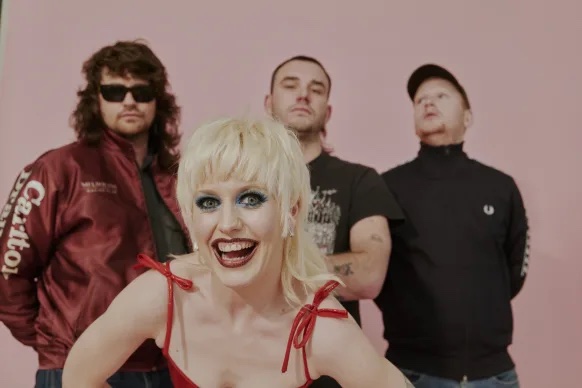
Do you feel that higher education is a necessary step to enter the music industry?
Higher education is critical to having a nuanced and evolving understanding of the world, but you don’t need to pay $80,000 to access it. You need to be a curious person with an internet connection.
If you’re asking me if tertiary courses in “music management” are worthwhile, that’s a hard no. You might as well set your money on fire. They exploit naive young people’s hunger to be in the industry but they are not a genuine path. Most people get jobs in music because they know someone in the industry or because they have related experience in another sector. The successful managers I know are all naturally entrepreneurial people who are great networkers (except me, because my partner does that part).
Let’s talk about the highs vs the lows of your career. What is your greatest achievement? And are there any moments you would like to share that you learnt greatly from?
My greatest achievement is doing something I love and getting paid decently for it. It’s not that sexy to be the support crew for other people’s dreams, but it’s still an enormous privilege. I travel, I go to gigs all the time, I think about music all the time. My greatest achievement is being good with myself.
My entire management career has been a learning curve. I didn’t read a contract through once, I relied on a lawyer to brief me, and ended having to back awkwardly out of a deal we never intended to be in in the first place. I didn’t get proper, extensive references for a key crew member, and learned the very hard way that they weren’t up to the job. Honestly, there are too many examples, nothing earth shattering. The hardest thing for me has been understanding that a creative brain is not necessarily a logical brain, but you have to build bridges between the two to make a music business work.
“My greatest achievement is doing something I love and getting paid decently for it. It’s not that sexy to be the support crew for other people’s dreams, but it’s still an enormous privilege.”
Who has been your biggest champion in your career?
My partner, Andrew.
What would you tell your younger self if you could tell them anything?
Hypnosis will massively improve your ability to tolerate dickheads. But you will never be great at it.
What is your big picture career goal?
Continue to have fun and do good work.
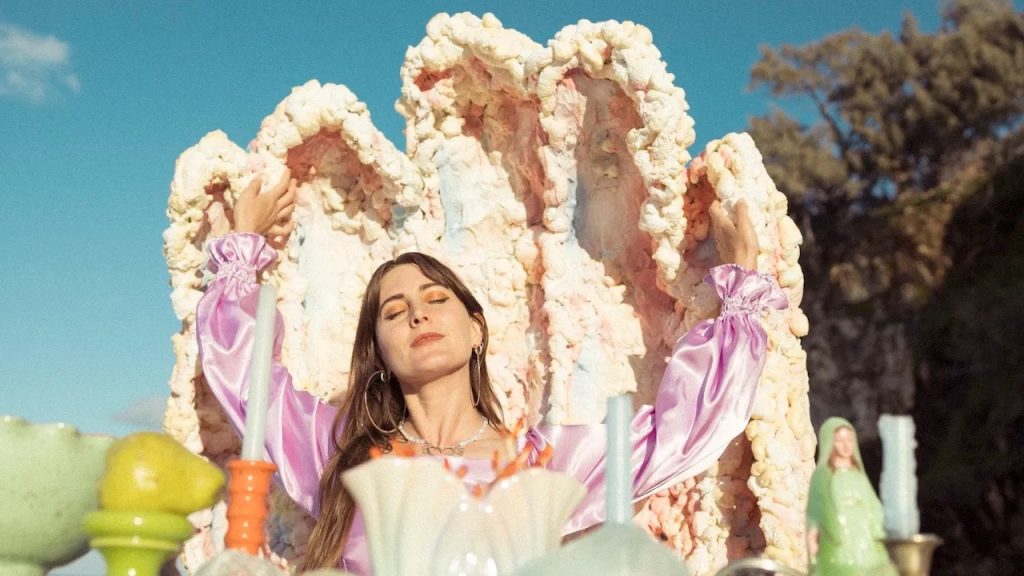
Who are your role models in the industry be they local or international?
I’d like to smile as much as the President of Sub Pop, Tony Kiewel.

I’d like to be as clear-minded at Alex Bruford at ATC Live.

I’d like to be as deep-down decent as Tim Janes at Virgin Music Australia. Broadly speaking, I aspire to be like anyone who is better than me at things.
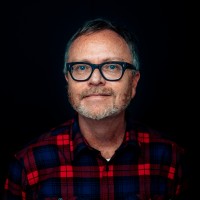
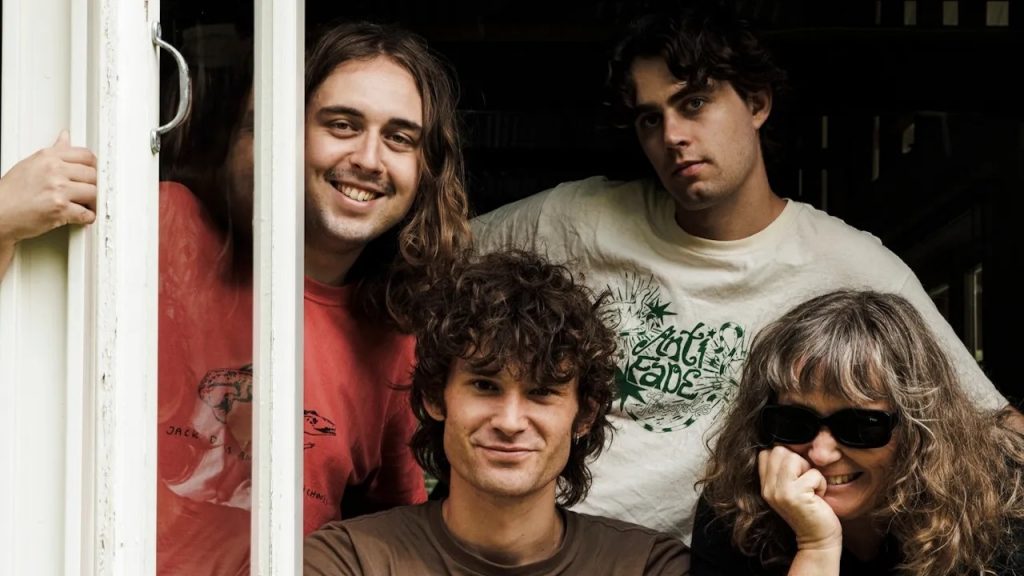
What do you look for in an artist looking for management?
We’re definitely not looking, but if we were…I’d start with the romance. If you’re going to slog through early career development with someone, you have to get a special feeling in your gut when they perform. They need to be hungry. They have to want it more than you do, but they should treat you like a partner and not an outsider. And then more pragmatically, they should have built something before you get there – community, an audience, or an online world. Managers, agents and labels can’t conjure an audience out of thin air.
You manage a few artists such as Girl and Girl & Grace Cummings. You also manage Amyl & the Sniffers. What was your first experience of Amyl and the Sniffers like?
The Croxton Front Bar, 2017. The bass strings broke or the amp blew out, some crucial element of music was missing. Amy was out in the crowd, screaming into the microphone along with three girls in the audience. It was scrappy and chaotic, but the energy was mad. I took a photograph and posted it on the Croxton Instagram account. My brain was like, ‘Ain’t this delightful.’
What much needed infrastructure do you think the Government needs to fund within the industry?
Export development funding. Very few artists and their teams can make a living in Australia, which is a tiny market with 3 major city plays. It is extremely expensive to tour and develop international markets, to go back and back until you build an audience, but it’s the only way I know for an Australian artist to build a truly sustainable ongoing career.
“Higher education is critical to having a nuanced and evolving understanding of the world, but you don’t need to pay $80,000 to access it. You need to be a curious person with an internet connection.”
What was the first album that you bought?
Icehouse, Man of Colours
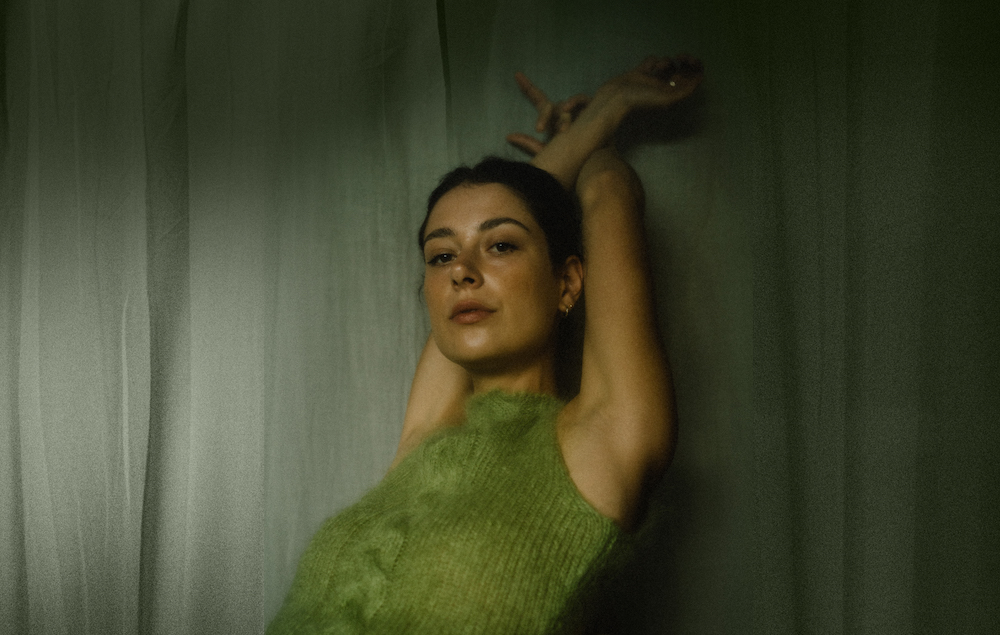
Self identity & imposter syndrome are issues women in the industry struggle with. Have you faced this issue? If so/not, what tips can you give to encourage others to stand in their truth?
I don’t think of myself as a woman in the music industry, I think of myself as me in the music industry. If I have experienced imposter syndrome, it’s because I am doing something I wasn’t specifically trained to do, and I started this career relatively late, not because I’m a woman. I’m not intimidated by men, they are dummies. The smart ones are embarrassed to be men at this point in history and they do their absolute best to make space for us. I don’t resent them if they’re doing a good job. I try to learn from anyone who has something useful to teach me, regardless of their gender.
“I don’t think of myself as a woman in the music industry, I think of myself as me in the music industry.”
What can we look forward to in 2024? Anything you can let us in on?
By the time you read this, Amyl and The Sniffers will have announced their first new album in three years. In November, they’re playing a very big album tour in the UK/EU tour that is already about 90% sold out, and next year they’re supporting Fontaines DC at a 45,000 capacity show at London’s Finsbury Park which has already sold a monstrous amount of tickets. Australian tour is also locked.
What is your go-to Karaoke song?
Born to Run, Springsteen
